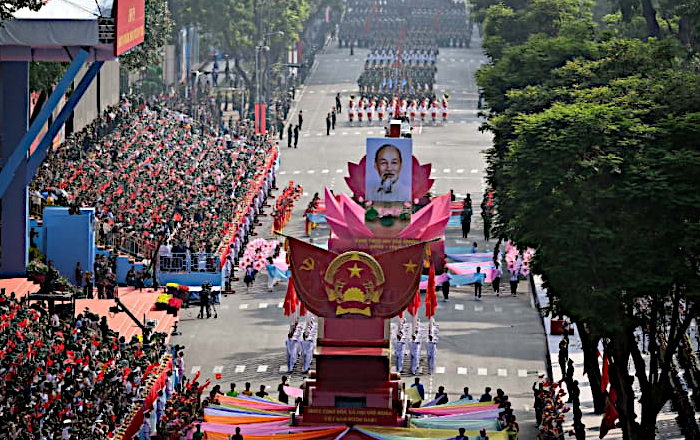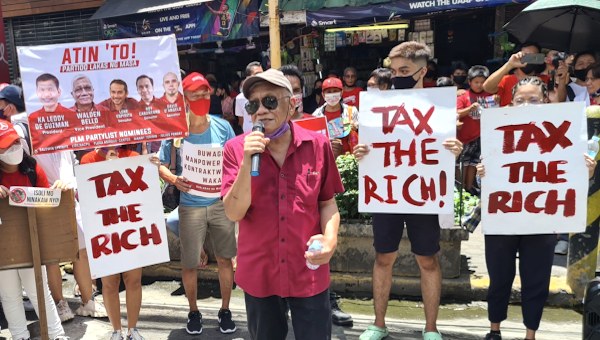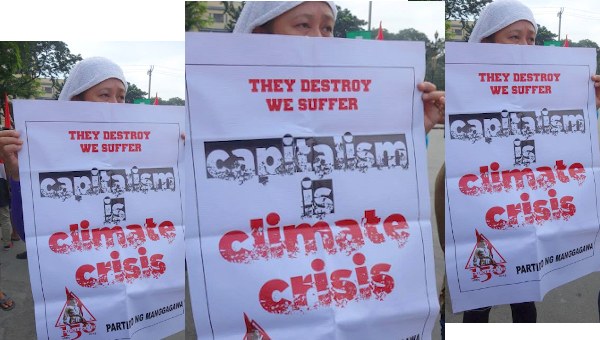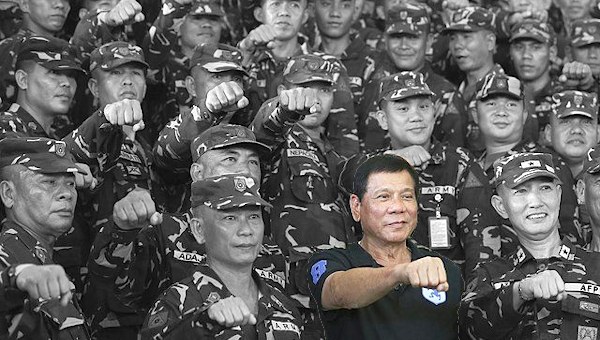The Impact of the Vietnam War on Social Movements in the Philippines and Globally
Comrades and Friends, I would like to share three key points about my recollections of the Vietnam War and its impact on social movements in the Philippines and globally.
Firstly
The late 1960s were a time of profound resistance, as US military bases dug deeper into Philippine soil, and the government aligned itself with US actions in Vietnam. To many, these actions were unmistakable signs of neo-colonialism, and the people refused to stay silent.
The opposition to the Vietnam War echoed through cities and campuses across the Philippines, igniting a powerful wave of resistance against the Ferdinand Marcos regime and US aggression.
The Vietnam War (1955-1975) gave rise to a generation of fearless activists who stood in solidarity with the Vietnamese people while fiercely fighting for social justice and national sovereignty in the Philippines. Actually, my own awakening began at a massive anti-war rally during the visit of US President Lyndon Johnson, and that day marked the start of my political journey. On that day, too, I met a boy who became my husband. He was detained for his role in the rally, and later he was again imprisoned and tortured, with many others, during the dictatorship of Ferdinand Marcos.
Hence, the relentless efforts of this dynamic generation fueled the 1986 People Power Revolution, a historic uprising that toppled the Marcos dictatorship. Their struggle also paved the way for the monumental removal of US military bases in 1991.
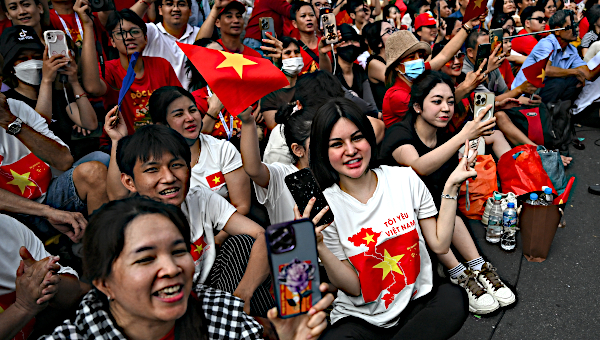
Secondly
The Vietnam War ignited a firestorm of resistance globally, across continents – rallying voices against authority, capitalism, and imperialism. From the US to Europe, Asia to Latin America, campuses pulsed with teach-ins, streets thundered with demonstrations, and workers rose in defiant strikes.
In America, the anti-war movement wove itself into the civil rights struggle. Clashes between protesters and police shook cities in Germany and the UK. France erupted in May 1968, where students and workers joined forces, paralyzing a nation in the grip of rebellion.
The media dubbed the protests of the ’60s as the “Global Rebellion of Youth.” But this turbulent era also carved pathways for movements yet to come – fueling the fights for environmental justice, women’s rights, and resistance against neoliberalism or unbridled capitalist globalization.
Thirdly
On April 30, we celebrate the 50th Anniversary of the victory of the Vietnamese people. We honor their unwavering courage, resilience, and unity in defending their homeland – proving that even the fiercest foes can be overcome. We honor the remarkable leadership and legacy of visionary leaders like Uncle Ho Chi Minh, who led the fight for independence, and Nguyen Phu Trong, who passed away last year.
Alongside his comrades, the former General Secretary of Vietnam’s Communist Party, steered his country from the depths of post-war devastation to one of Asia’s fastest-growing economies. Under his guidance, absolute poverty was eradicated, and essential services were secured for the people. He and the Party championed a socialist-oriented market economy that puts national interest and people’s welfare at its core, ensuring that the strategic sectors of the economy remain under state protection from market forces. Effective mechanisms for popular participation were institutionalized.
Therefore, Vietnam’s journey continues to inspire the Global South, proving that true independence and self-determination are not just ideals but achievable realities. Vietnam’s journey stands as a powerful testament to the possibility of a just, sustainable, and peaceful multipolar world – without hegemons. And through courage and resilience, solidarity, and collective strength, such a world can be realized. We shall overcome and triumph! •
